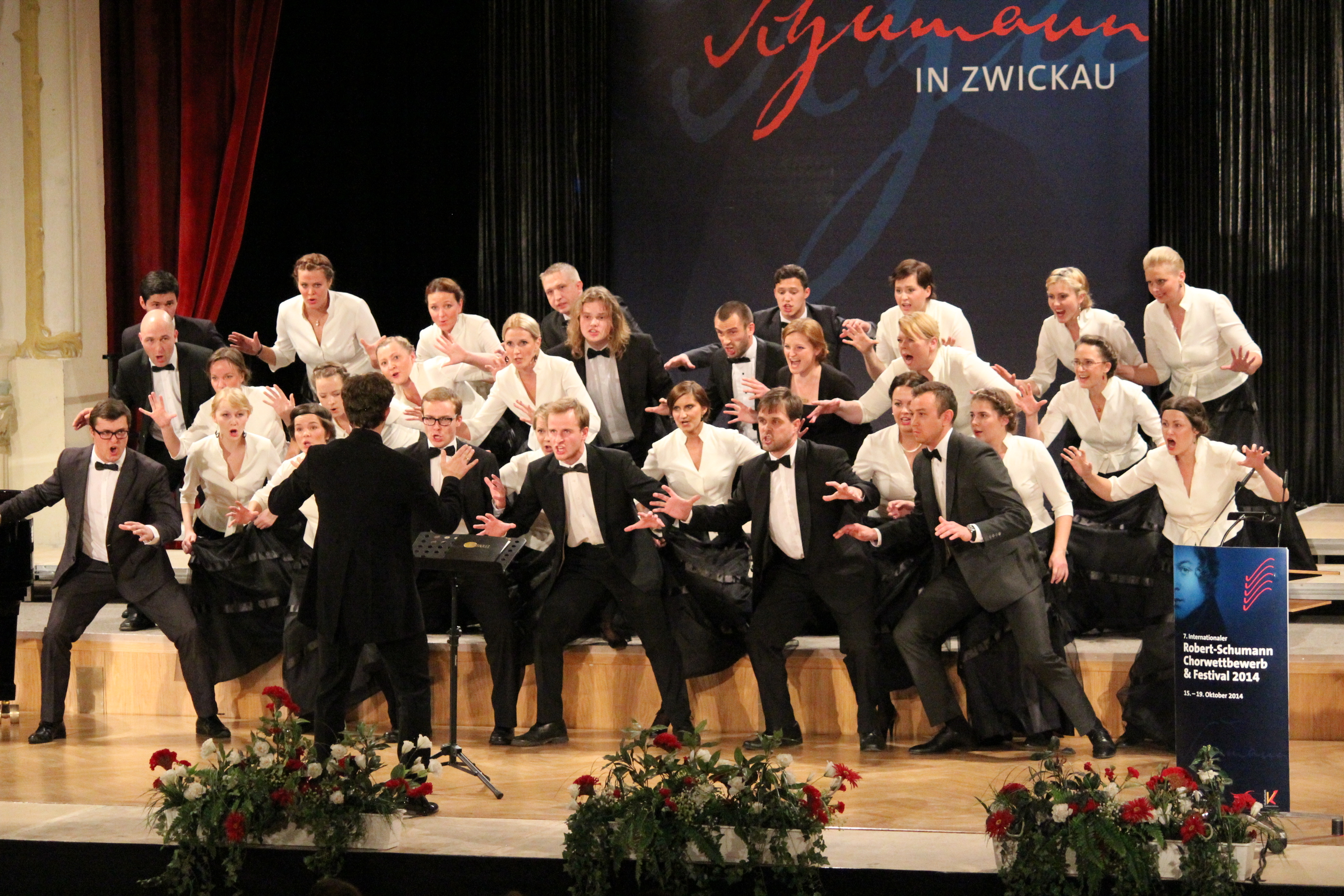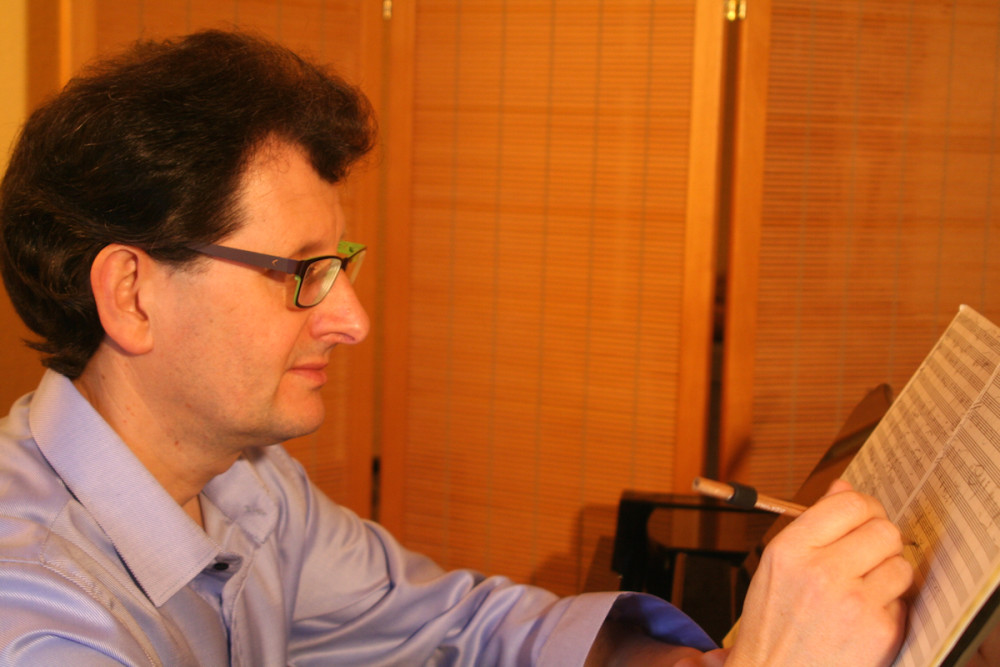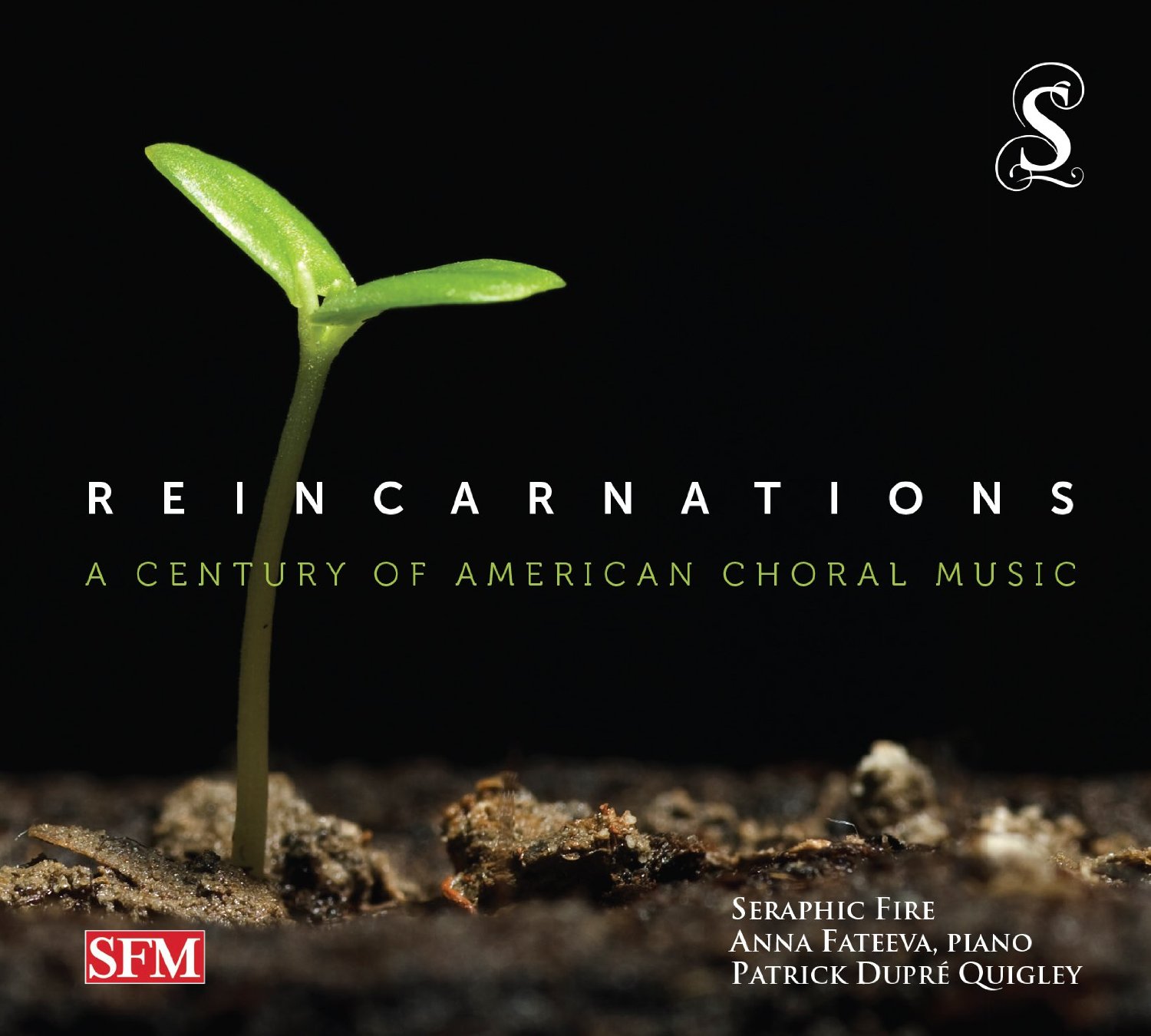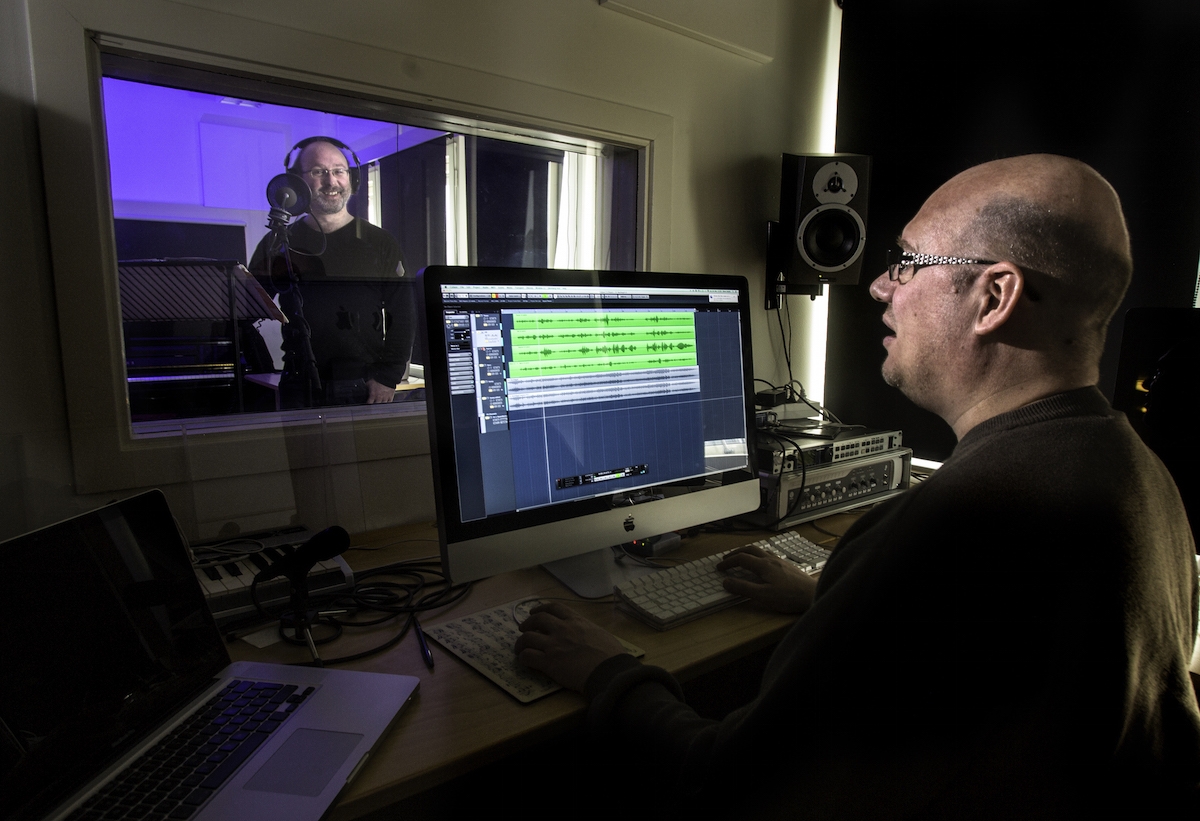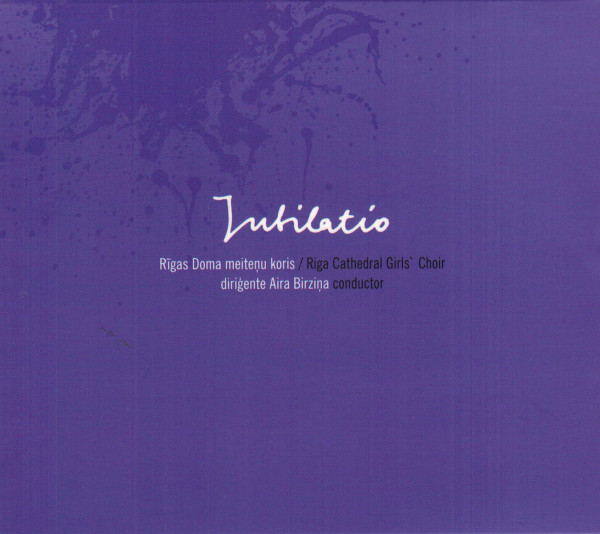Directores que no saben dirigir: El papel de las emociones y su exceso en la dirección
Por Aurelio Porfiri, director coral y profesor
Traducido del inglés por Juan Carlos García Gil, España
Revisado por Carmen Torrijos, España
Cuando nos ocupamos de considerar lo que hace un director, podemo…Read More →



